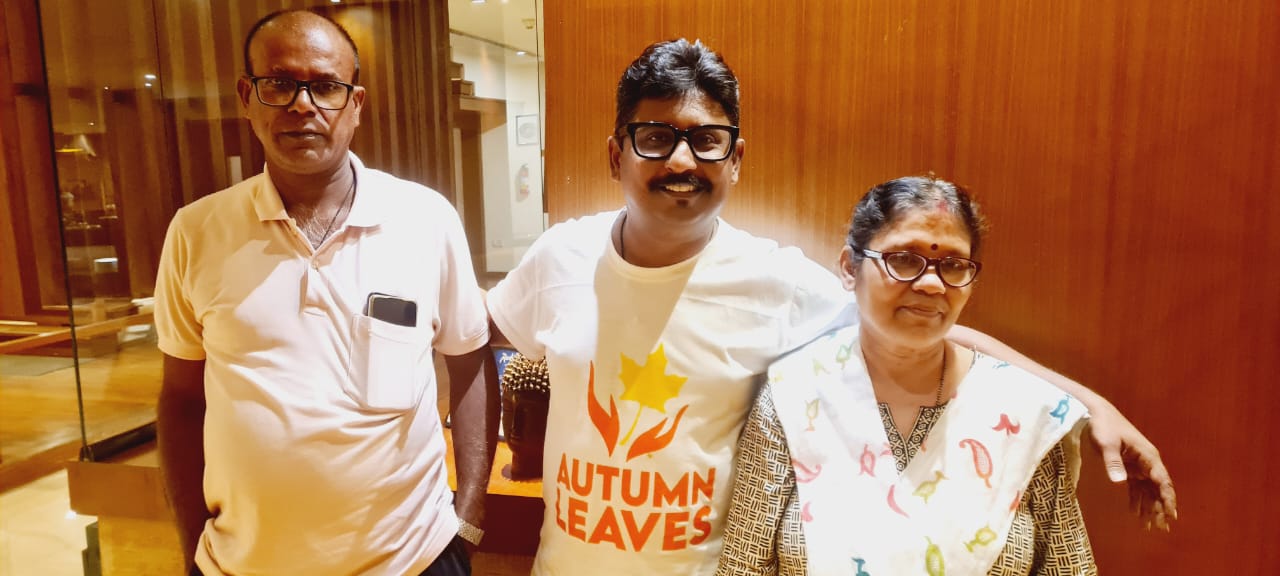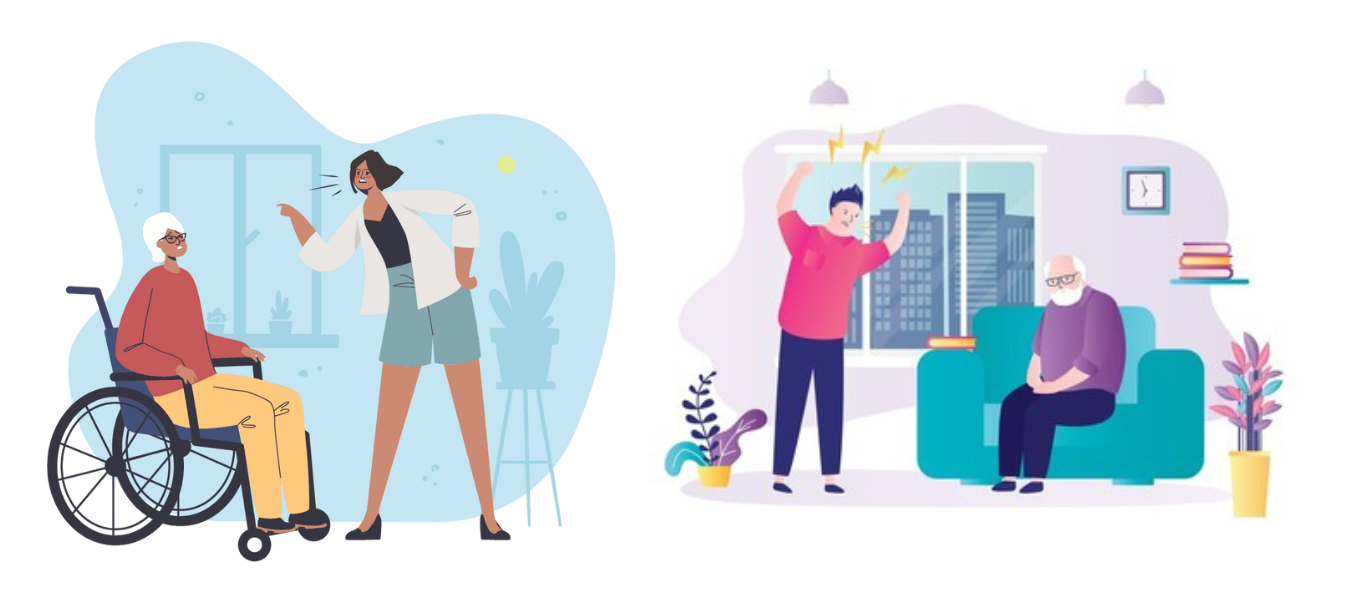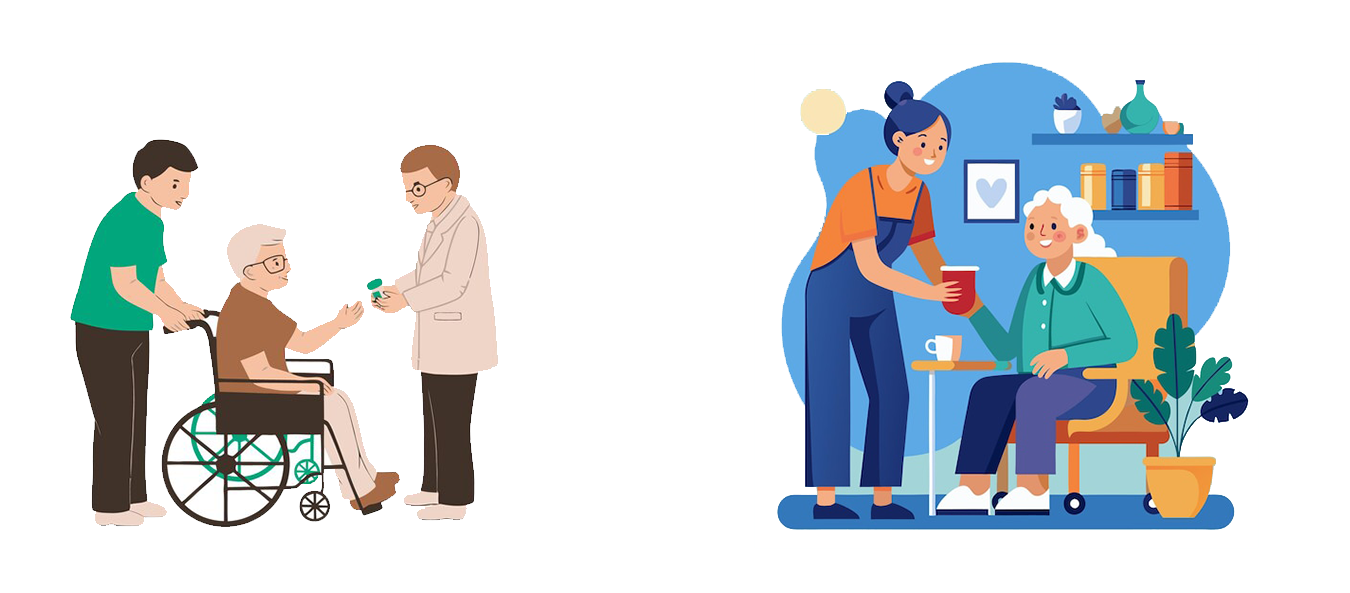Introduction
Virtual reality (VR) has become a powerful tool in recent years, going beyond its applications in gaming and entertainment. Its potential in healthcare, especially in improving mental health outcomes, is gaining recognition. It’s essential to address mental health issues among seniors as our population ages. Autumn Leaves Elder Care recognizes the importance of innovative approaches to elderly care. Today, we will delve into the fascinating realm of VR and its therapeutic applications for seniors’ mental well-being.


Understanding the Mental Health Challenges of Seniors:
The elderly population often encounters distinctive mental health challenges such as depression, anxiety, loneliness, and cognitive decline. These problems can arise due to various factors like chronic health conditions, social isolation, sadness, and loss of independence. Traditional treatments like therapy and medication play crucial roles in addressing these issues. However, incorporating new technologies such as virtual reality can provide additional avenues for improving the quality of life of older adults.
Exploring Beneficial Applications of Virtual Reality:
Virtual reality can offer seniors therapeutic benefits by providing immersive experiences that stimulate the senses and emotions. For seniors, VR can serve as a therapeutic tool by:
Reducing Social Isolation: Many seniors feel isolated due to mobility or living alone. Virtual reality enables them to connect with loved ones, participate in group activities, and engage in social events, reducing loneliness and encouraging a sense of belonging.
Cognitive Stimulation: Virtual reality experiences can help seniors with dementia or mild cognitive impairment by enhancing their cognitive functions through interactive games, puzzles, and simulations tailored to their cognitive abilities. Such experiences can improve their memory, attention, and problem-solving skills.
Managing Anxiety and Depression: Virtual reality environments provide seniors with safe spaces to practice relaxation techniques, mindfulness, and exposure therapy for managing anxiety and depression. These immersive experiences, including virtual nature scenes and guided meditation sessions, can promote emotional well-being and stress reduction.
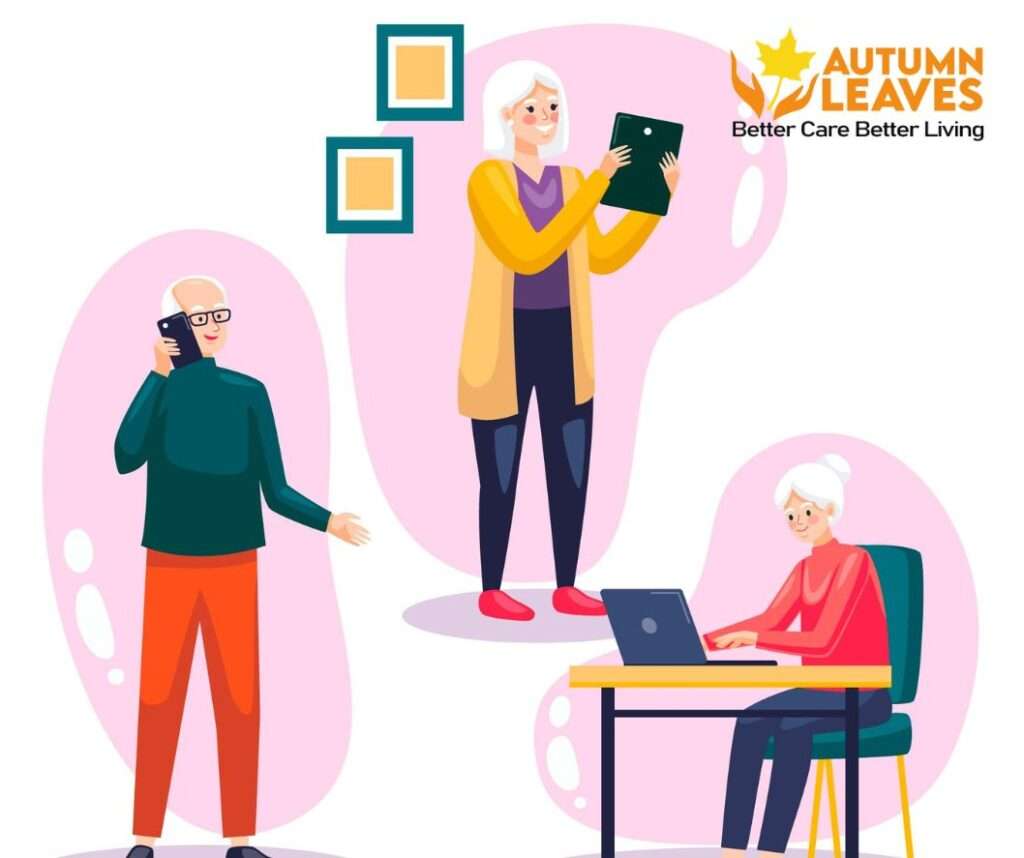
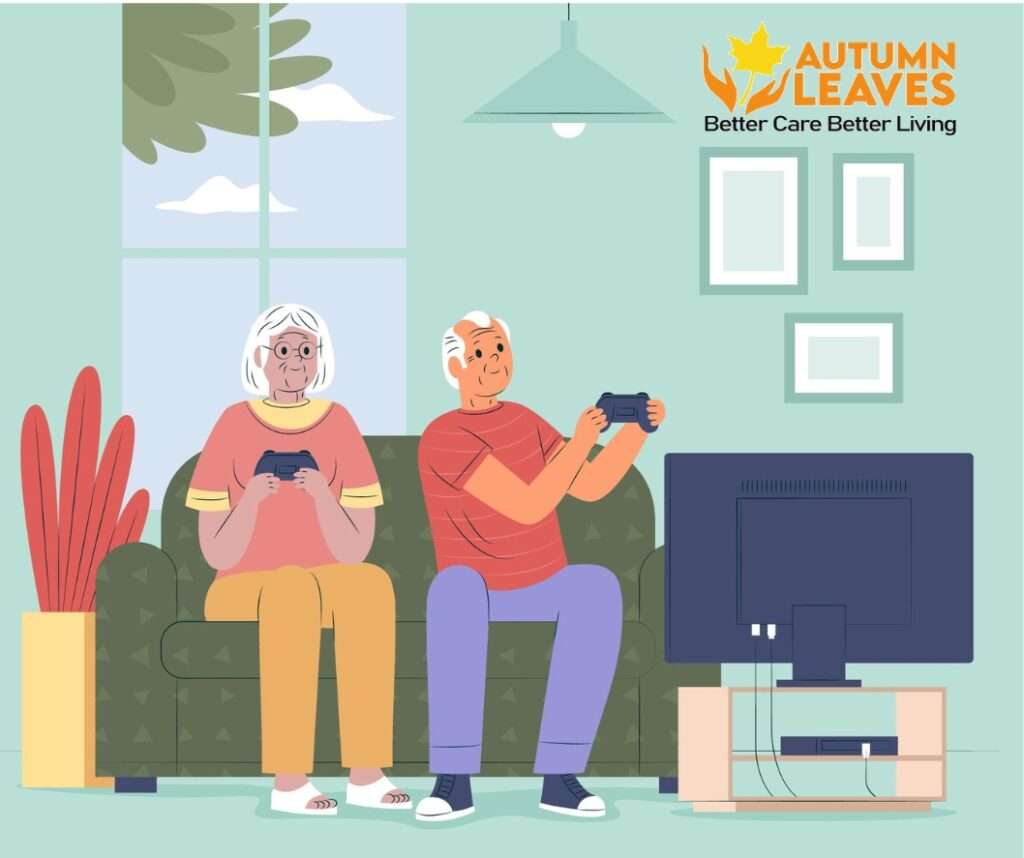
Enhancing Physical Rehabilitation: Virtual Reality (VR) technology has opened up new possibilities for enhancing physical rehabilitation, especially for seniors who are undergoing physical rehabilitation or experiencing chronic pain. By providing engaging alternatives to traditional rehabilitation methods, VR-based exercises and therapies encourage movement, balance, and coordination while minimizing discomfort. This promotes faster recovery and improved physical function. The immersive experiences provided by VR technology offer a safe and effective way to reduce pain and improve mobility for seniors, making it a valuable addition to traditional physical therapy programs.
Preserving Memories and Life Review: Virtual reality technology is now being used to help seniors revisit important places from their past, relive cherished memories, and share stories with their loved ones. With virtual reality tours of landmarks, historical sites, and familiar settings, seniors can experience nostalgia and stimulate conversation, building emotional connections and preserving personal narratives.
Challenges and Considerations: Although integrating virtual reality (VR) into seniors’ mental health care has a lot of potential, it also brings challenges and considerations that need to be addressed. Some of these challenges include accessibility issues, technology barriers, privacy concerns, and the need for specialized content that is tailored to seniors’ preferences and sensitivities. Additionally, ethical considerations regarding consent, autonomy, and data security must be carefully addressed to ensure the safe and responsible implementation of VR interventions in elder care settings.
Conclusion: Virtual reality has immense potential to transform seniors’ mental health and well-being. By utilizing immersive experiences, interactive simulations, and personalized interventions, VR can enhance seniors’ quality of life, promote social connectedness, and alleviate the negative effects of aging-related mental health challenges. As a pioneer in elder care, Autumn Leaves Elder Care is committed to exploring innovative approaches that empower seniors to live fulfilling and meaningful lives, one virtual reality experience at a time. Through continued research, collaboration, and investment in VR technology, we can unlock new opportunities for supporting seniors’ mental health and promoting holistic approaches to elderly care in the digital age. Let’s embark on this journey together, embracing the transformative power of virtual reality to enrich the lives of our beloved seniors and foster a future of compassionate and innovative elder care. Autumn Leaves Elder Care: Caring for Seniors, Embracing Innovation.


